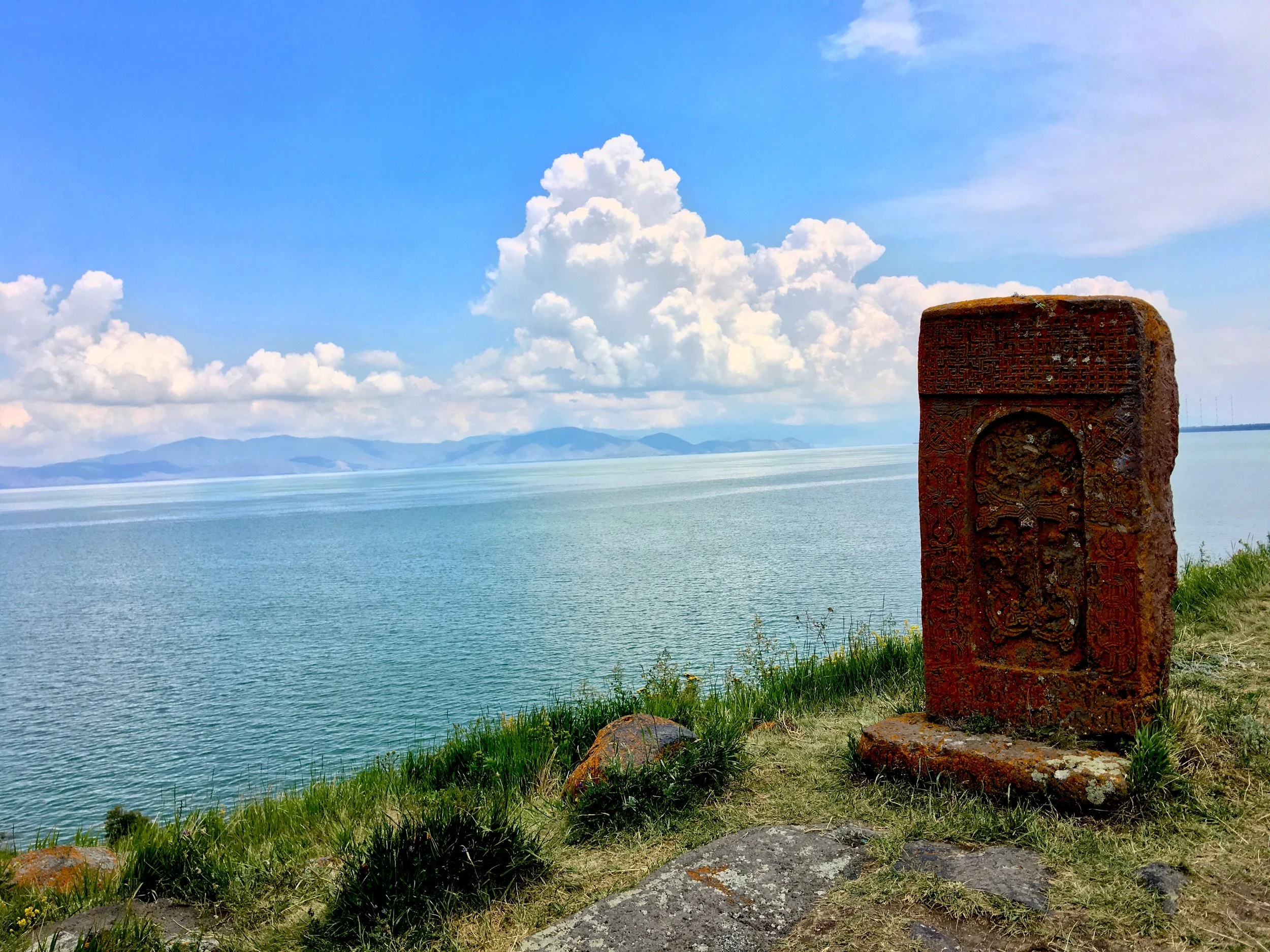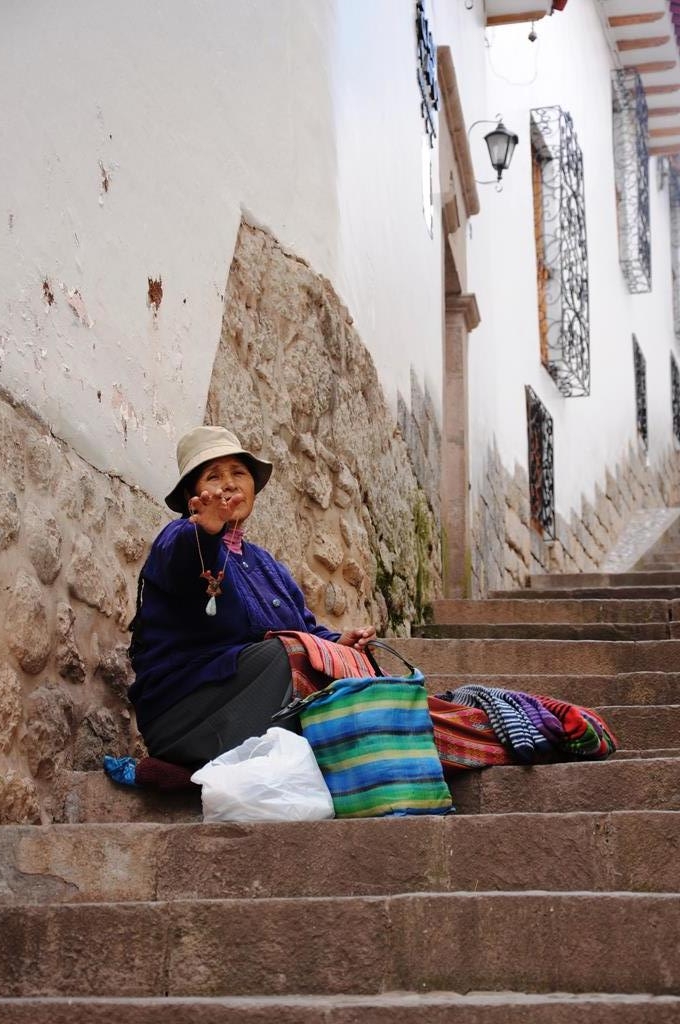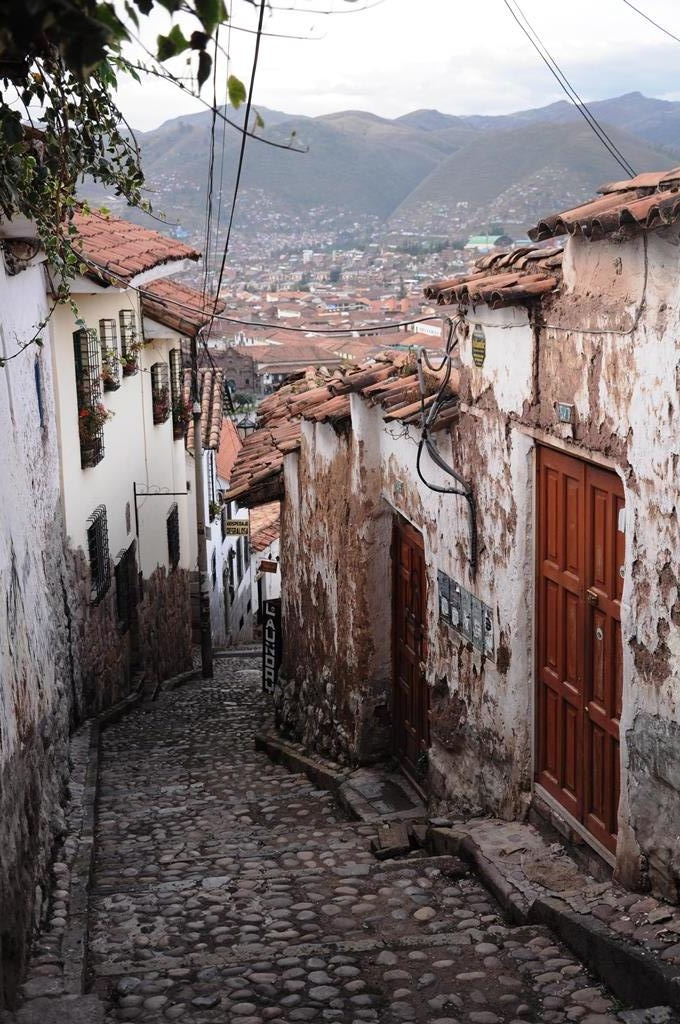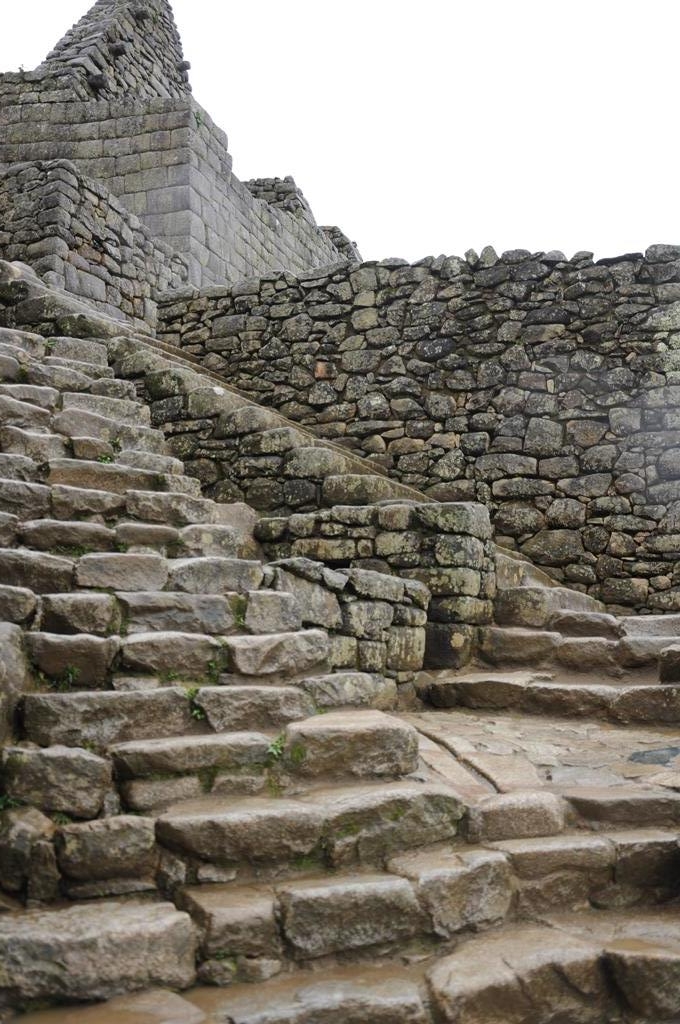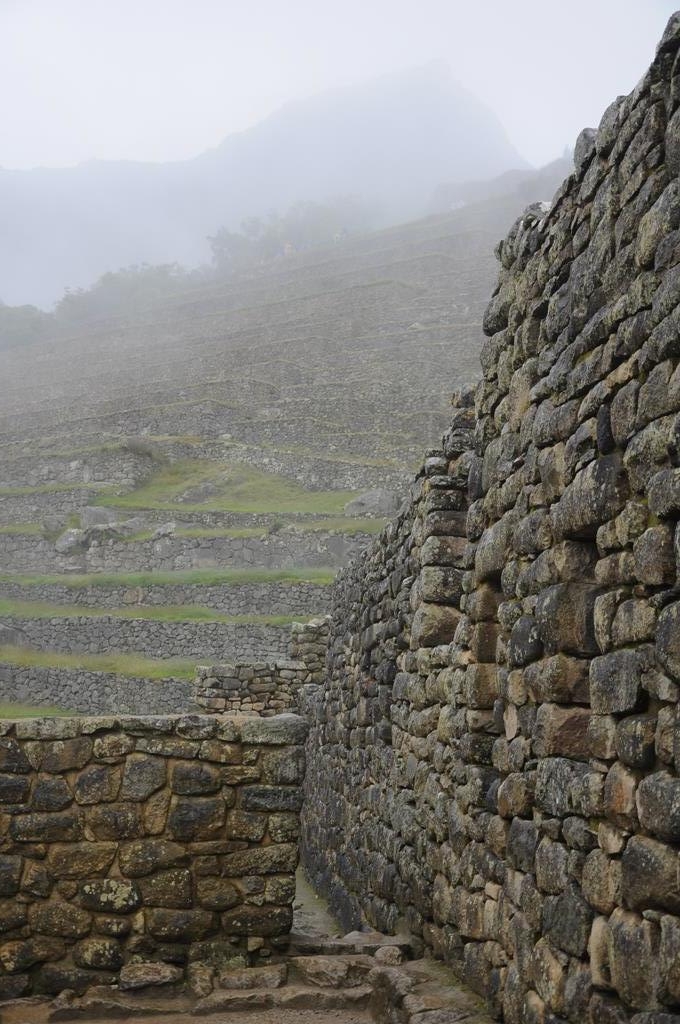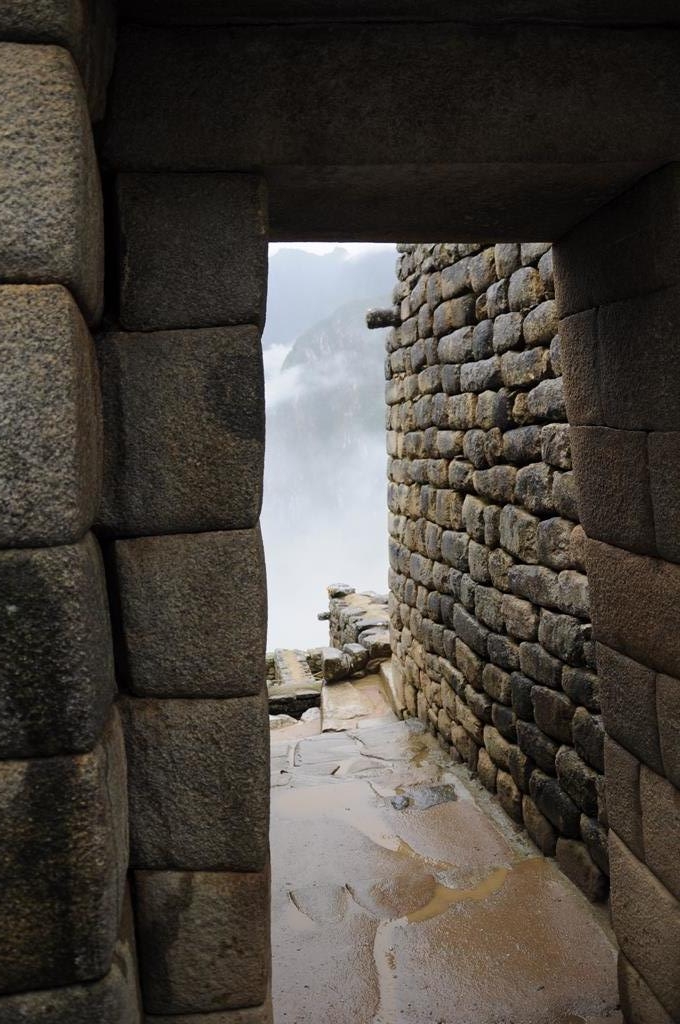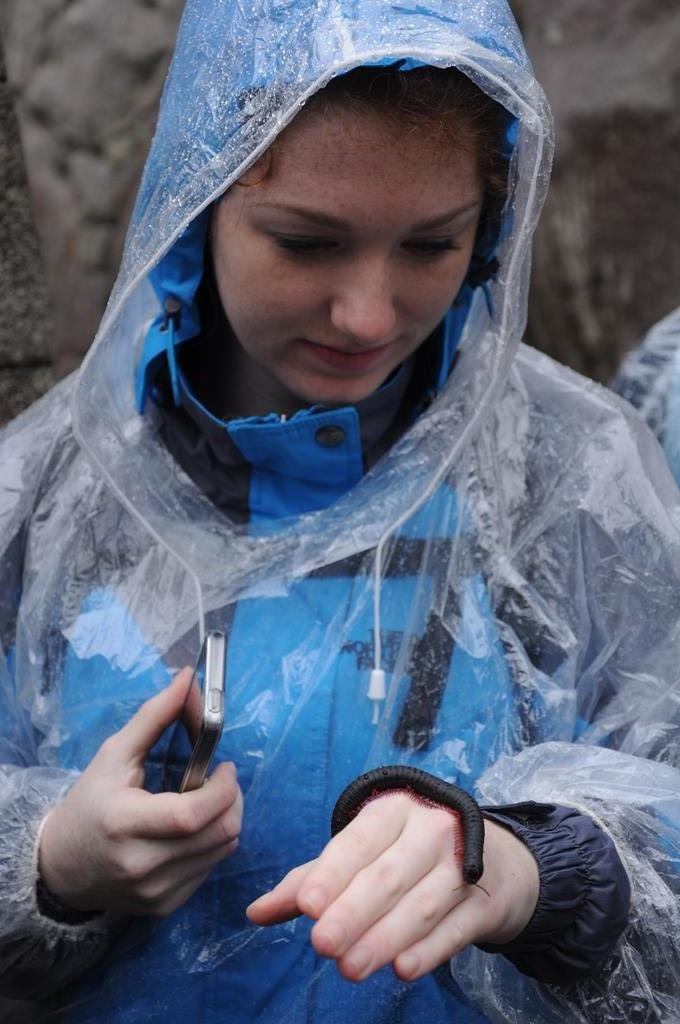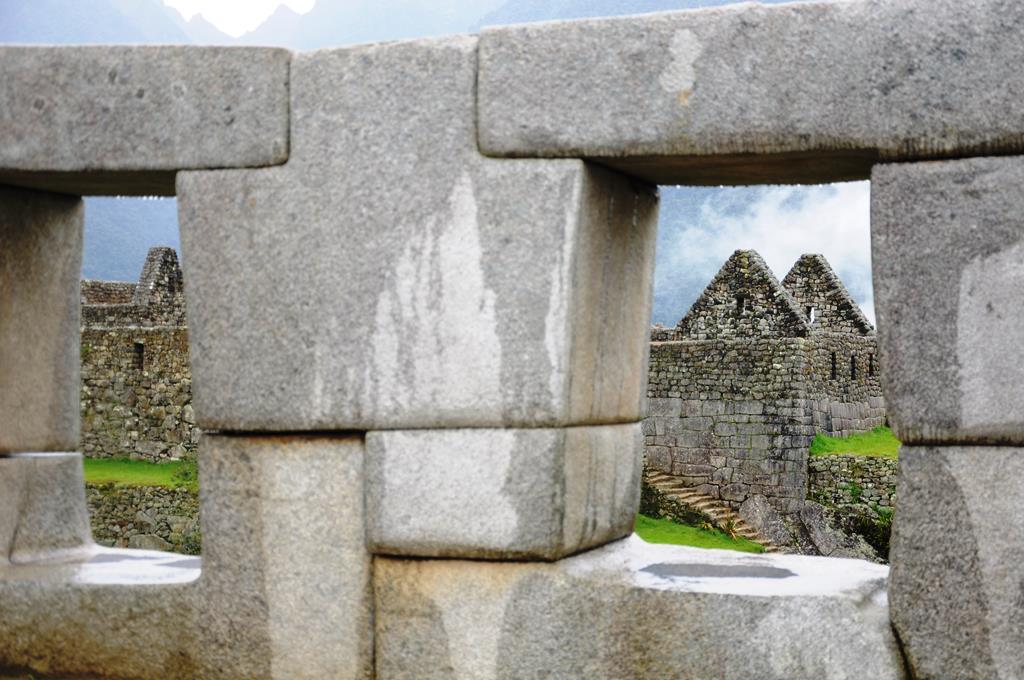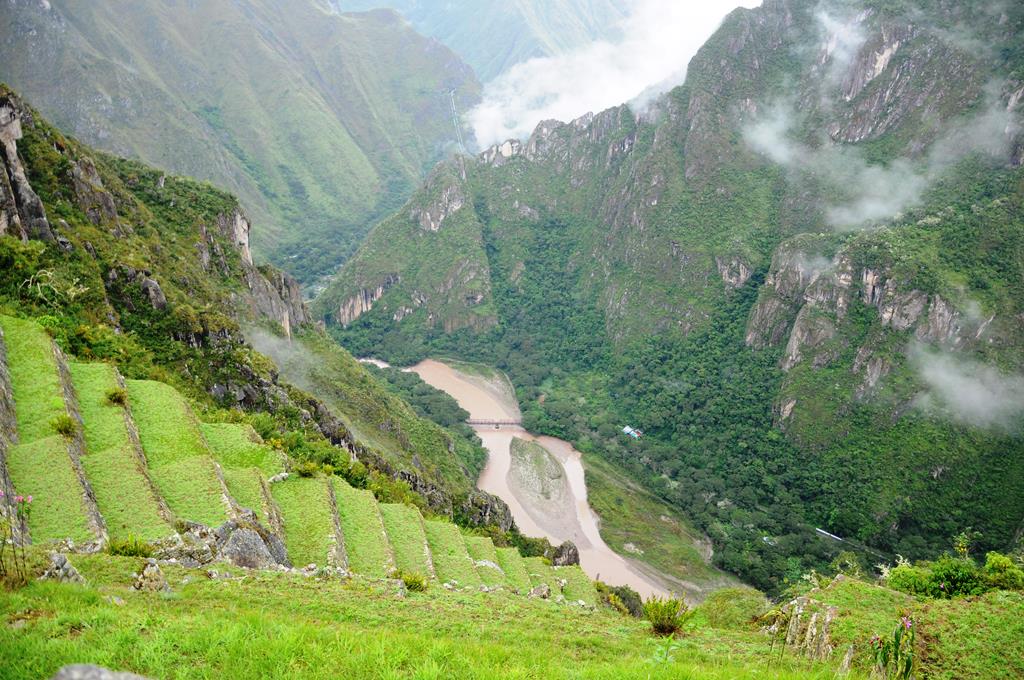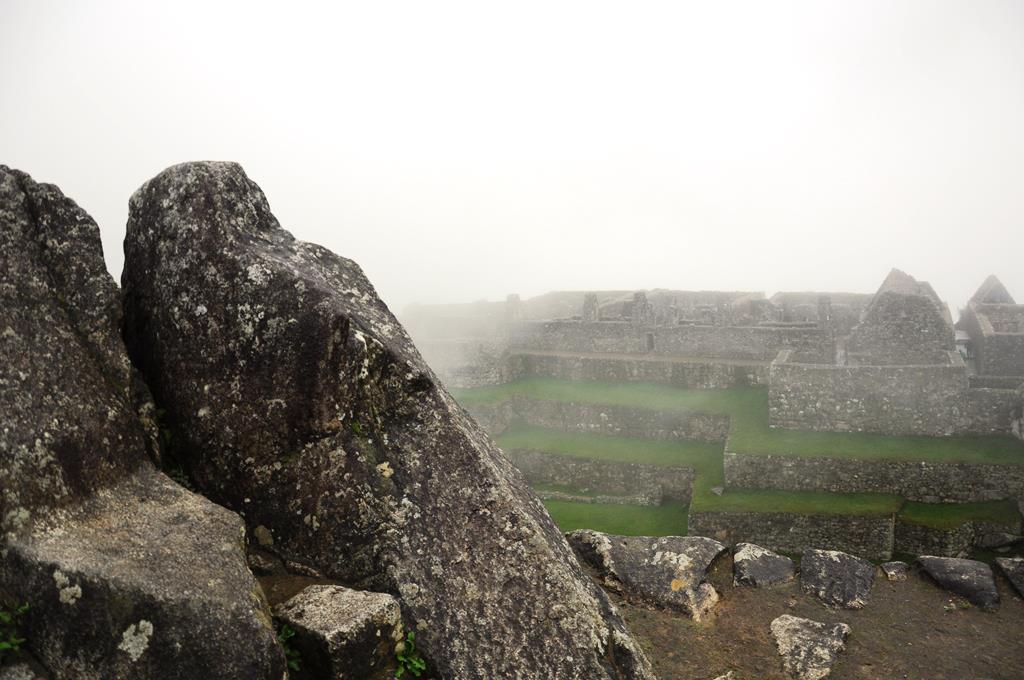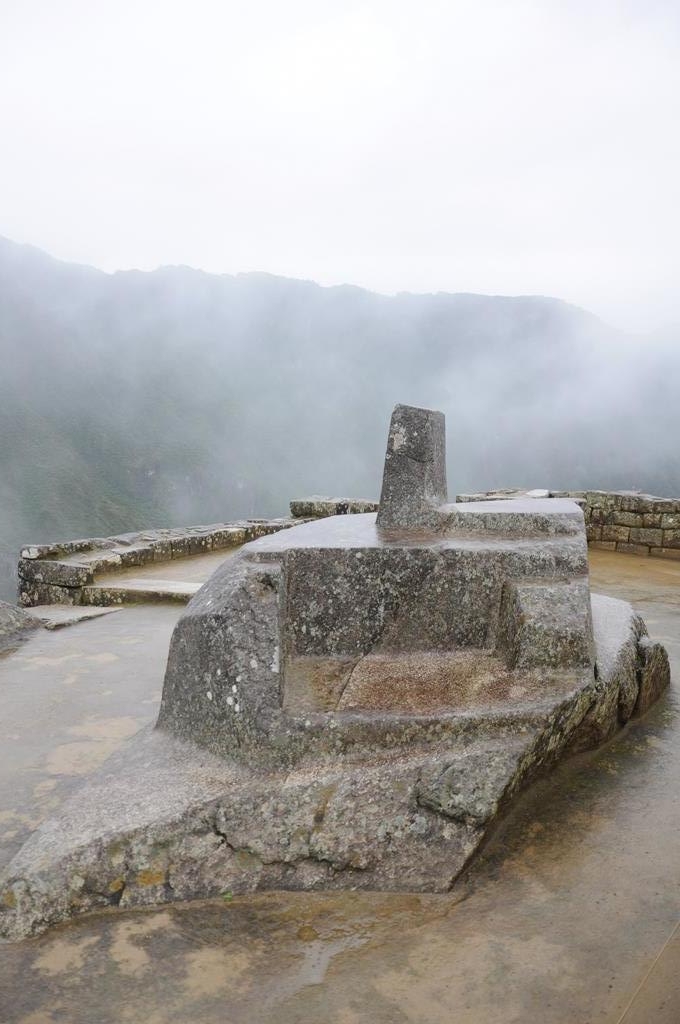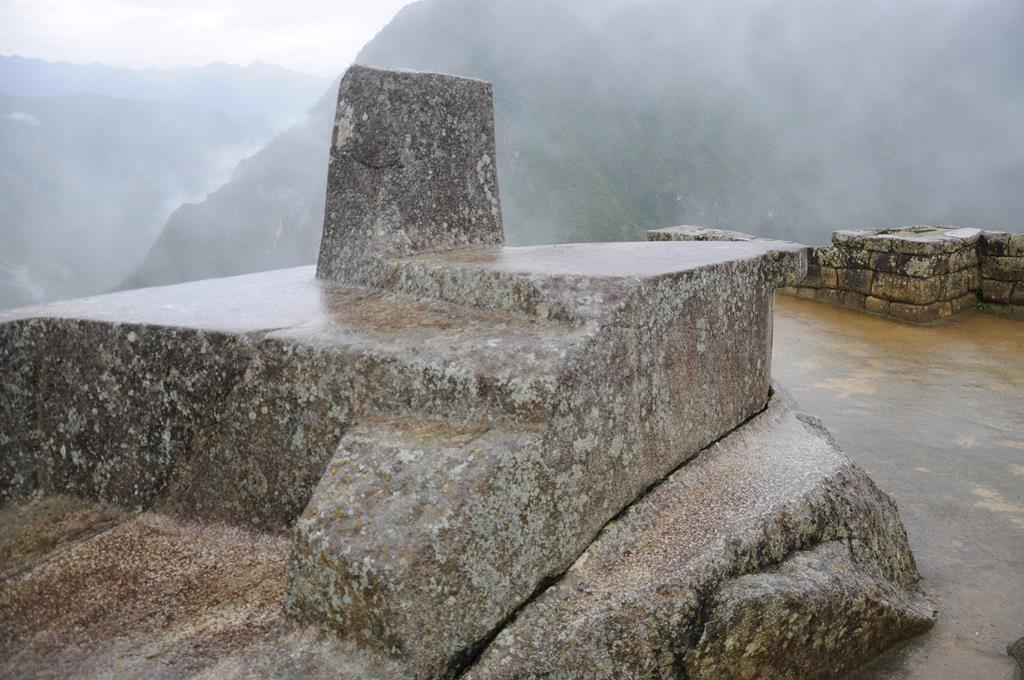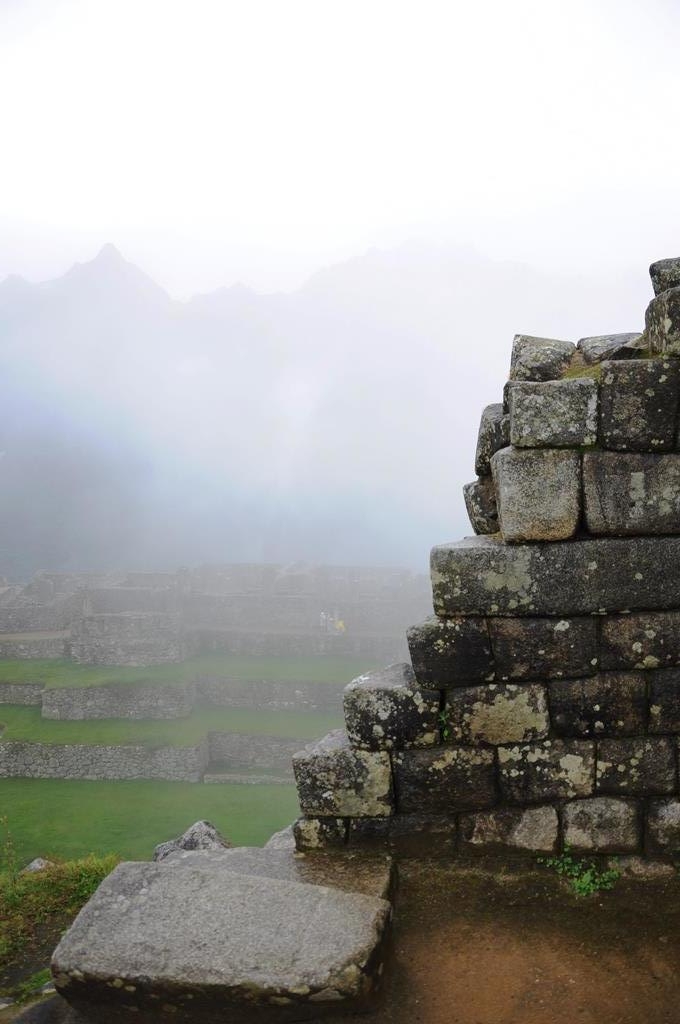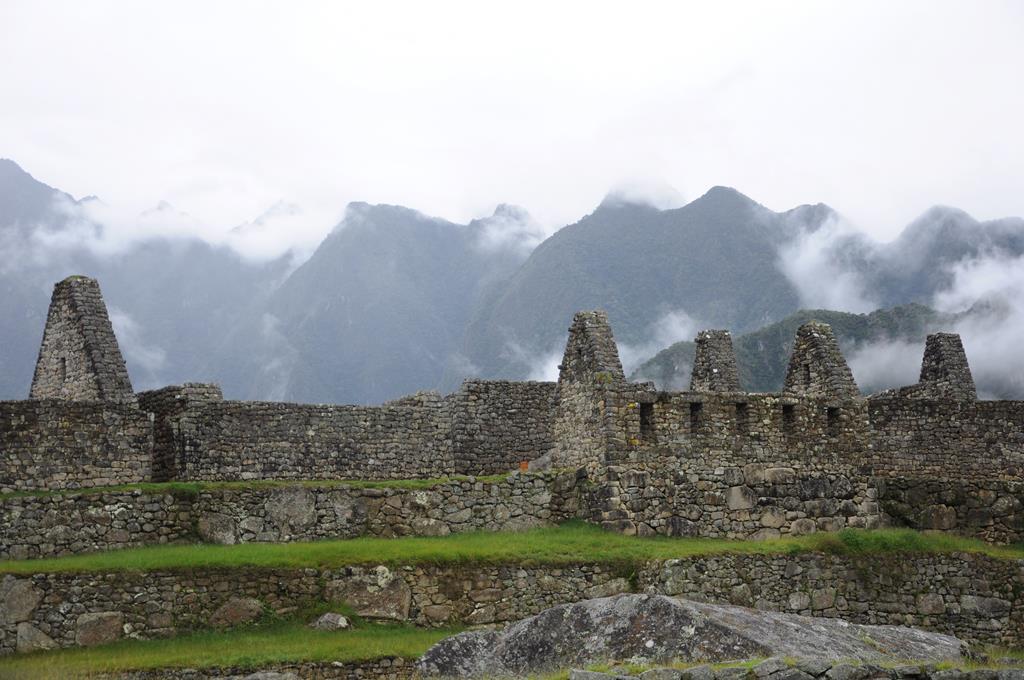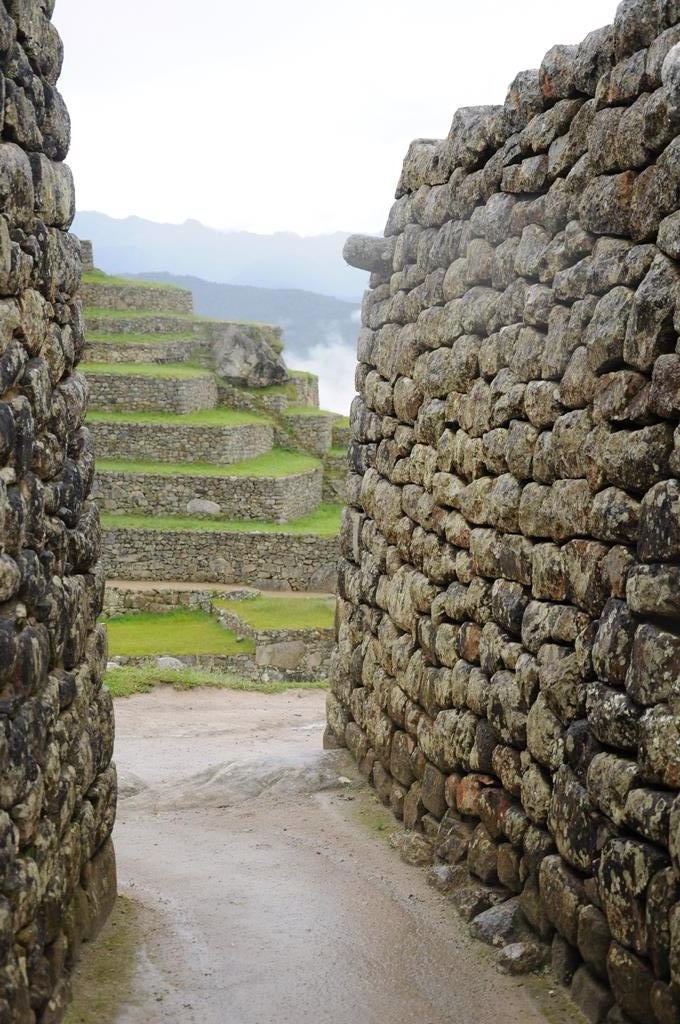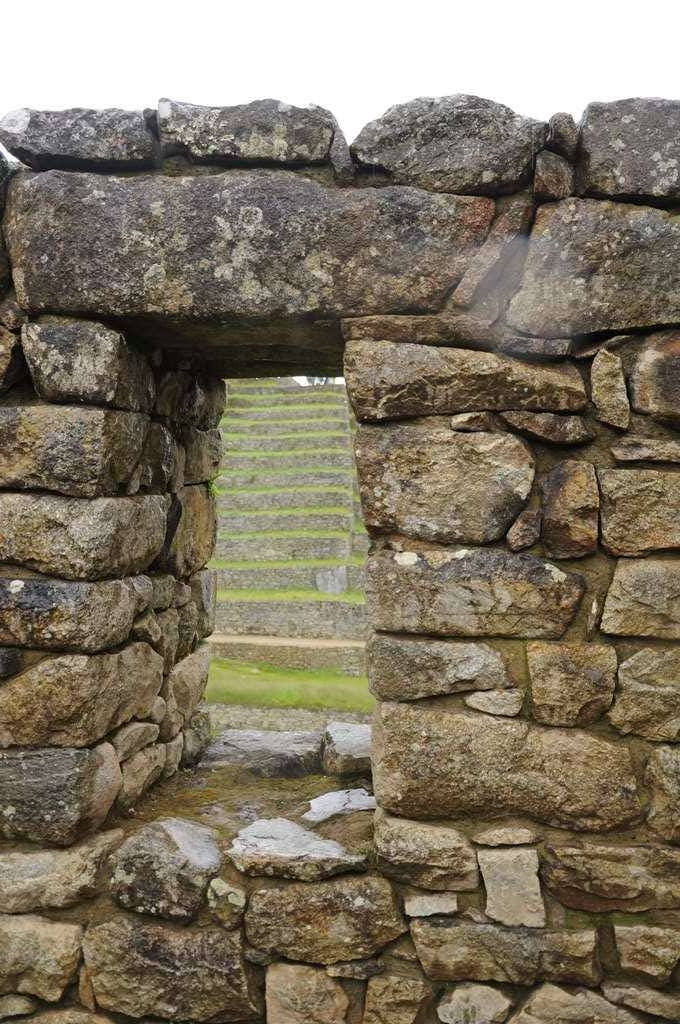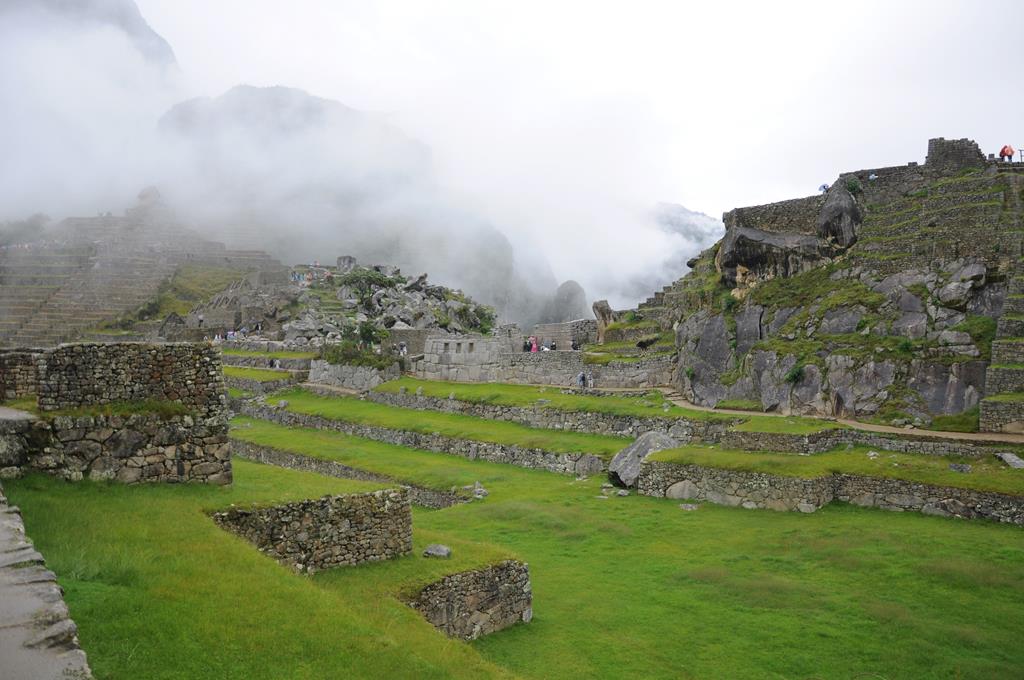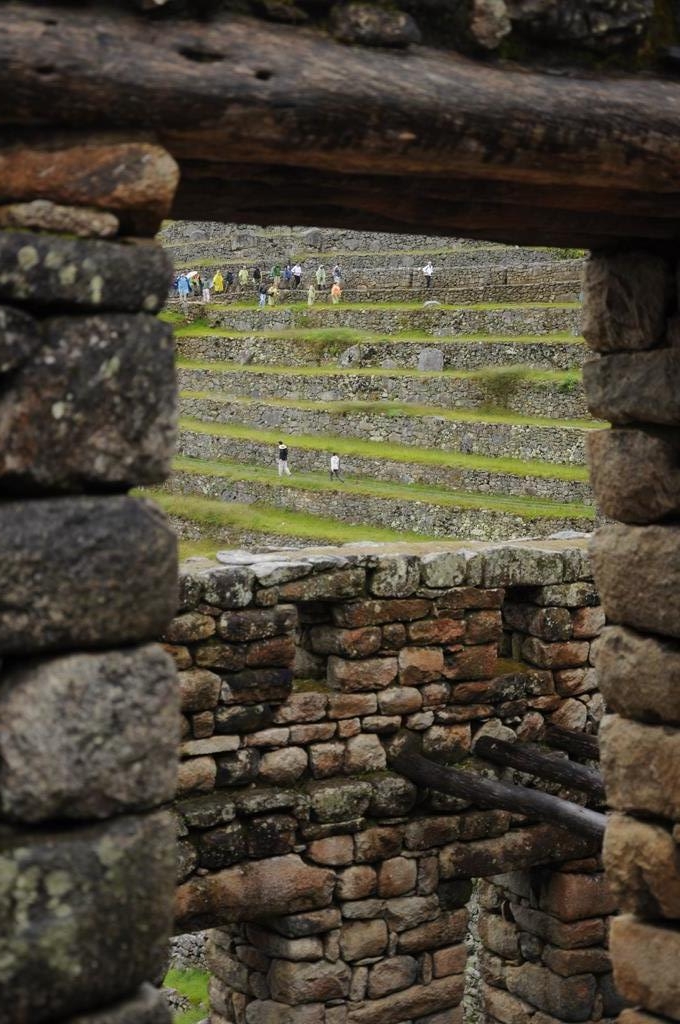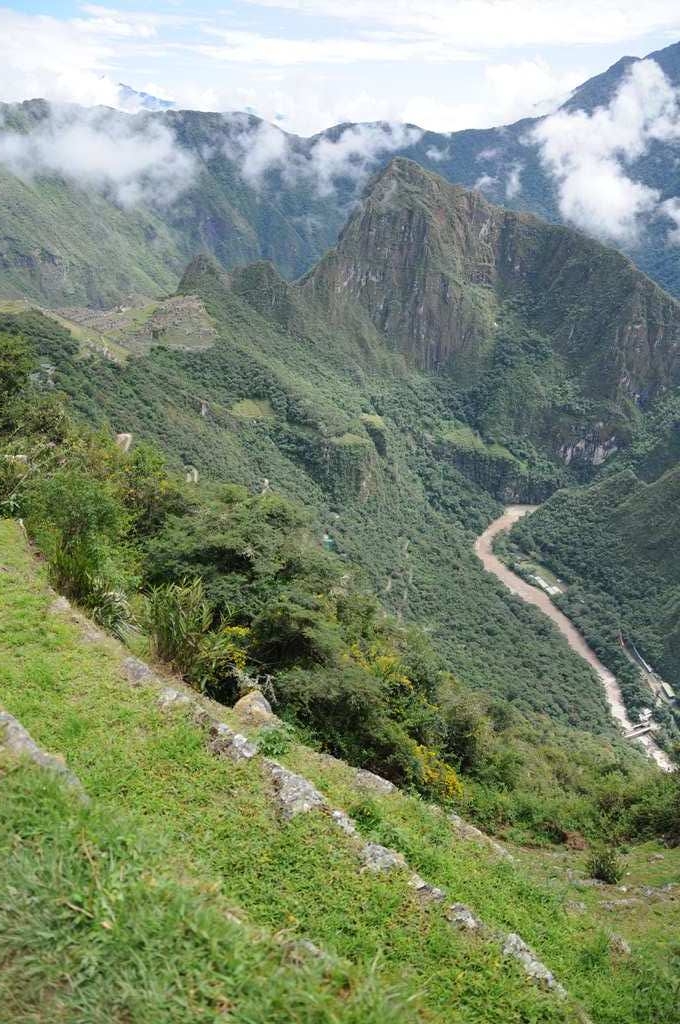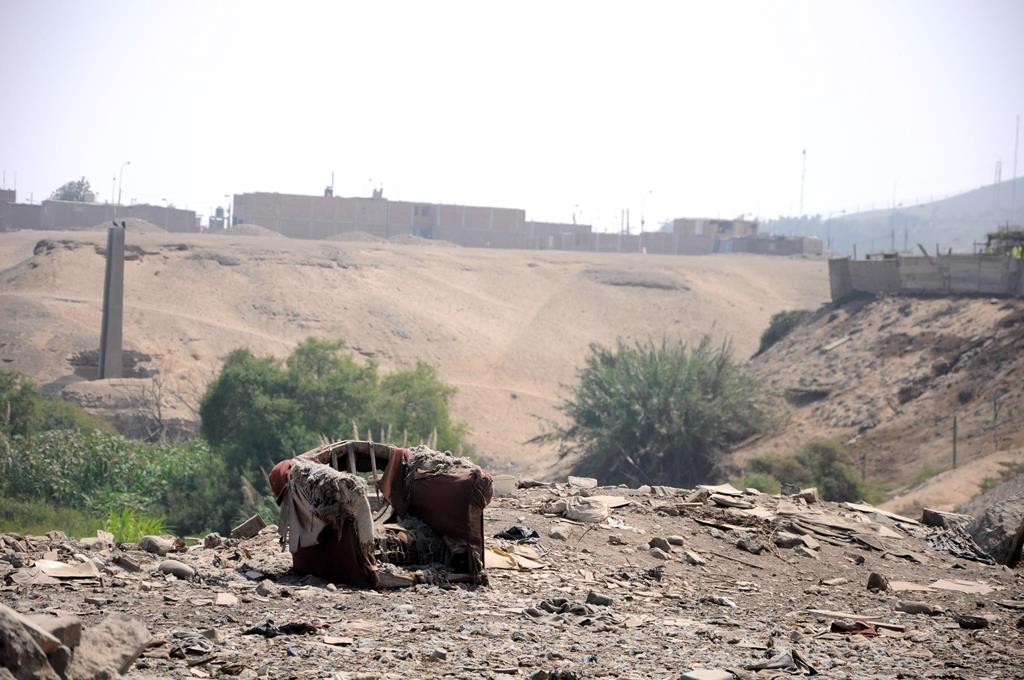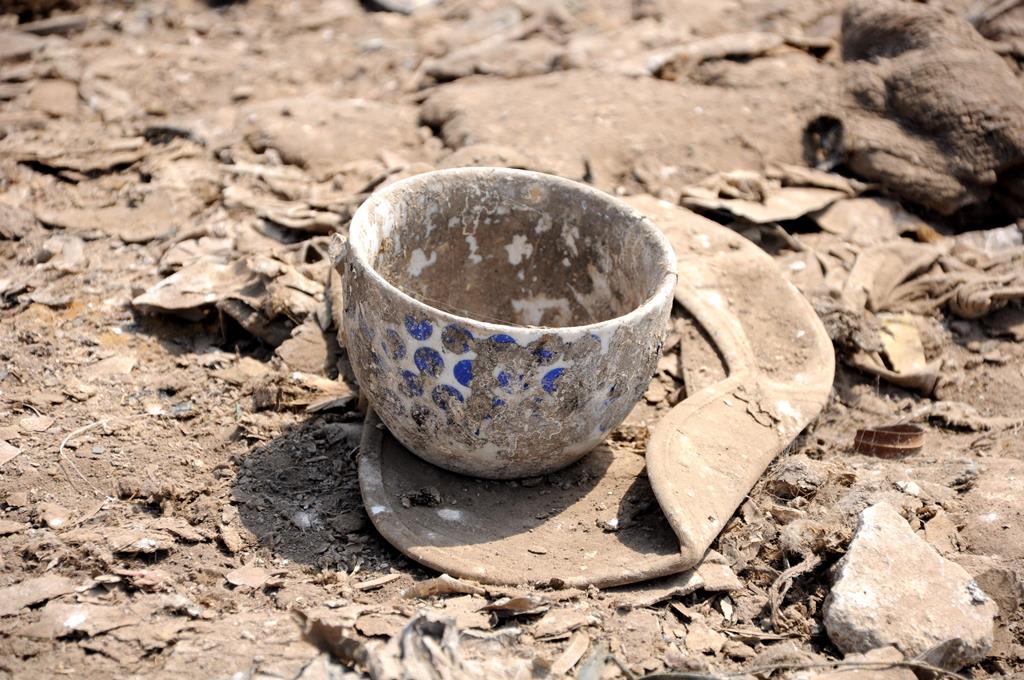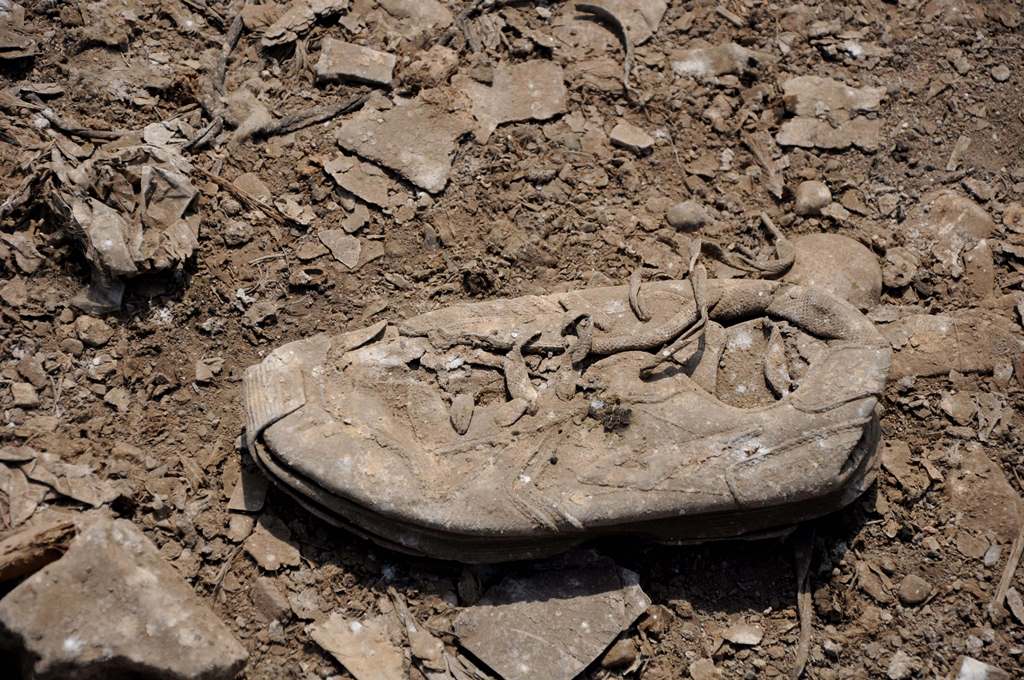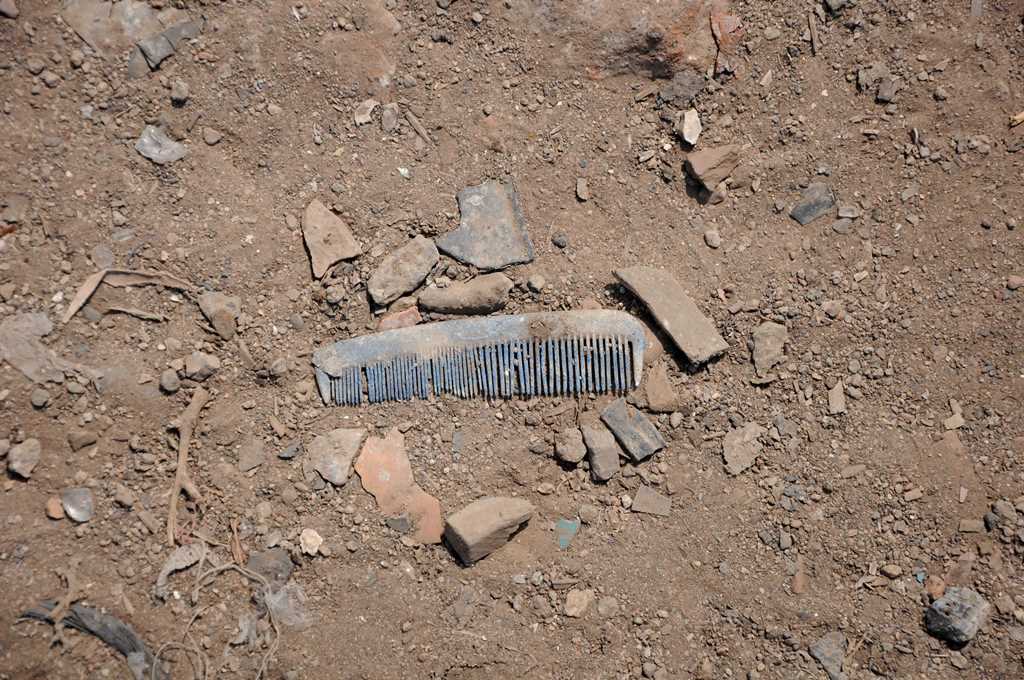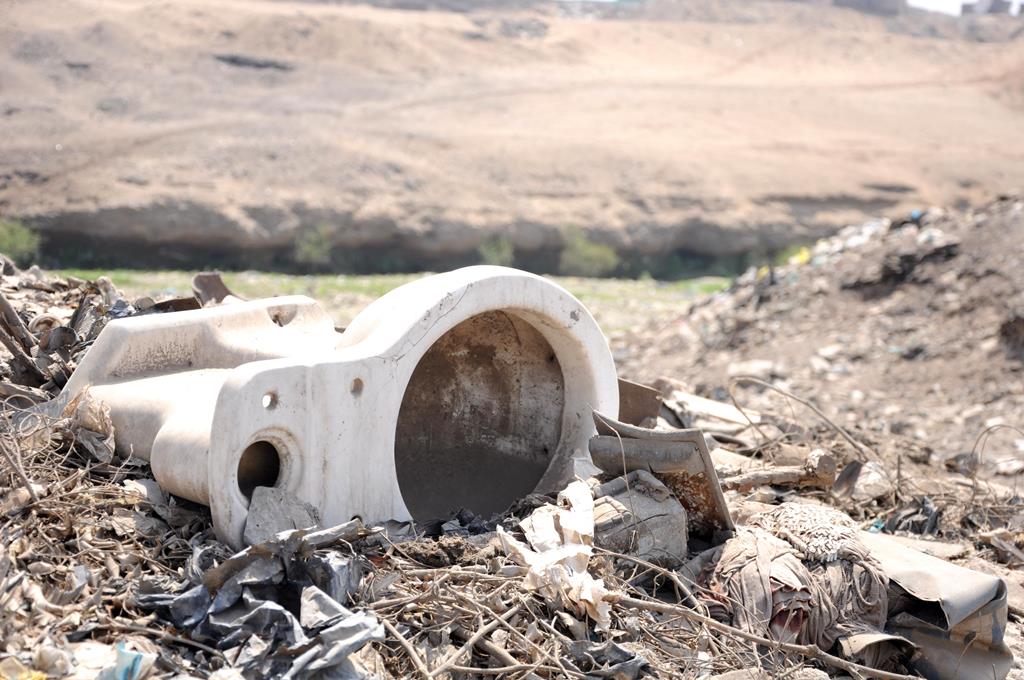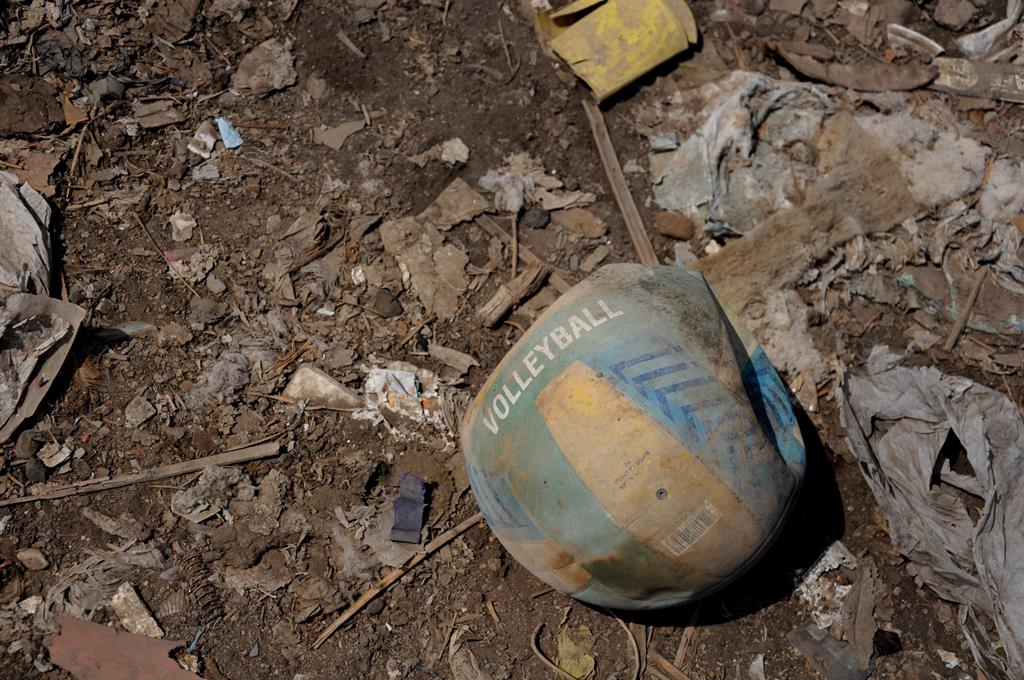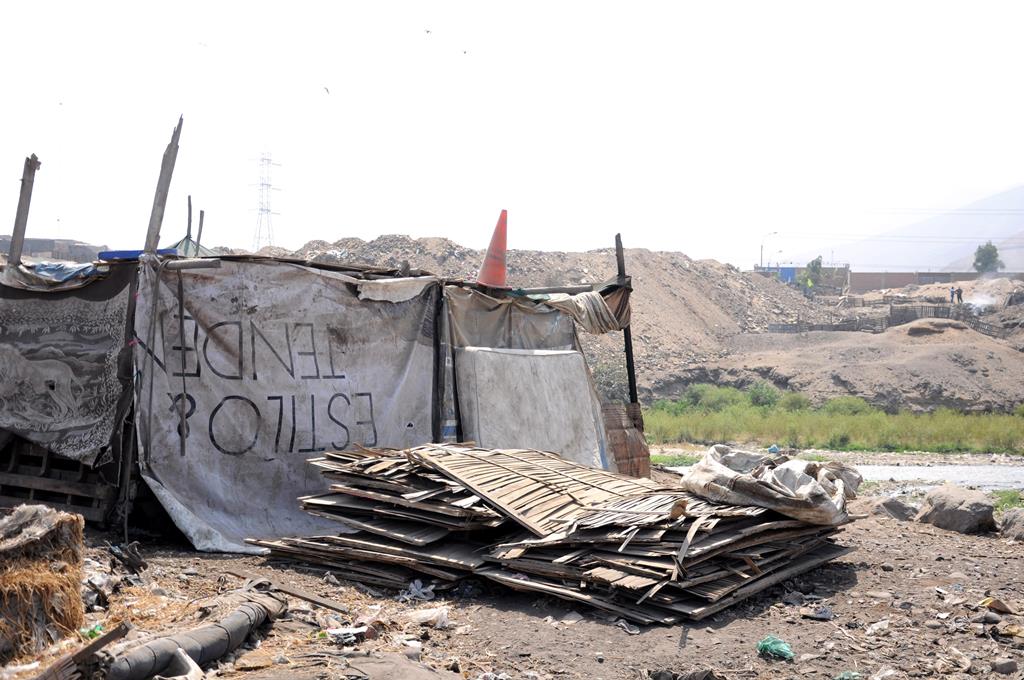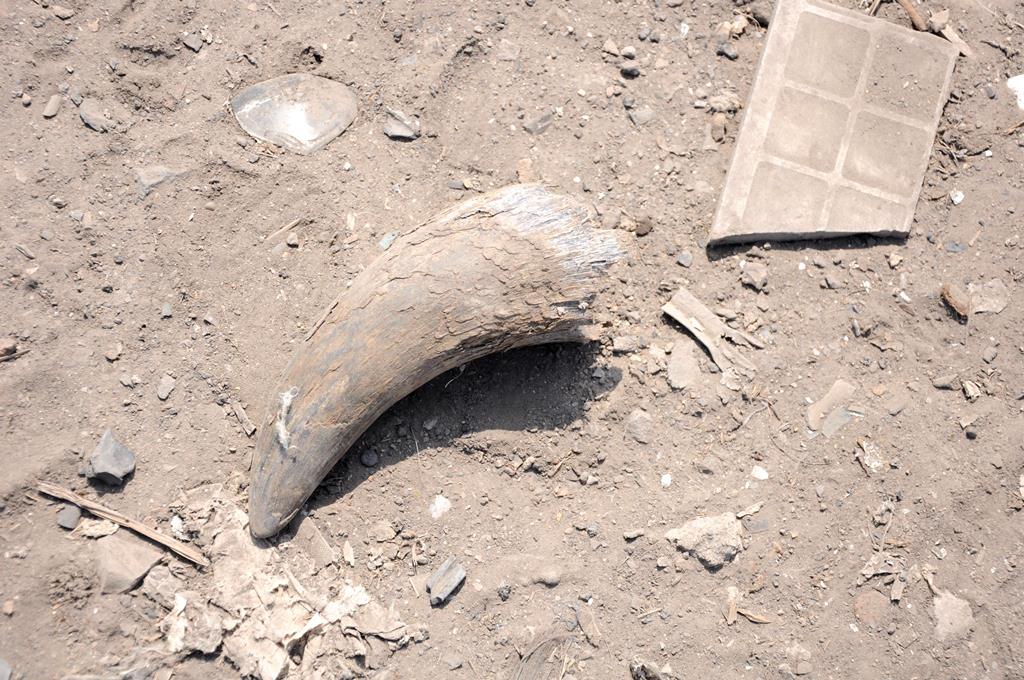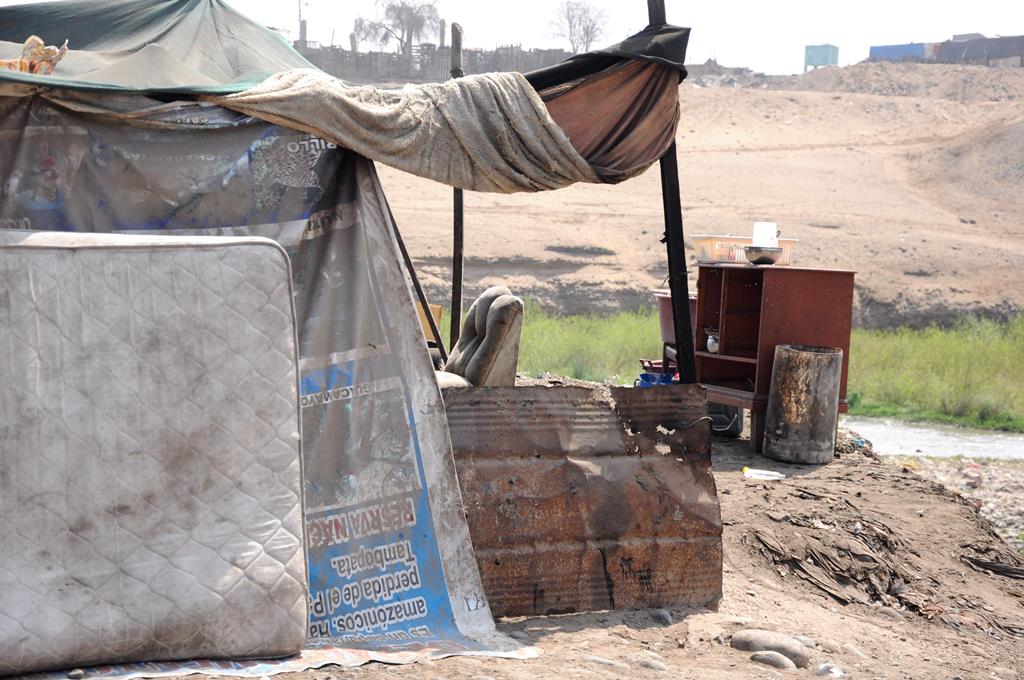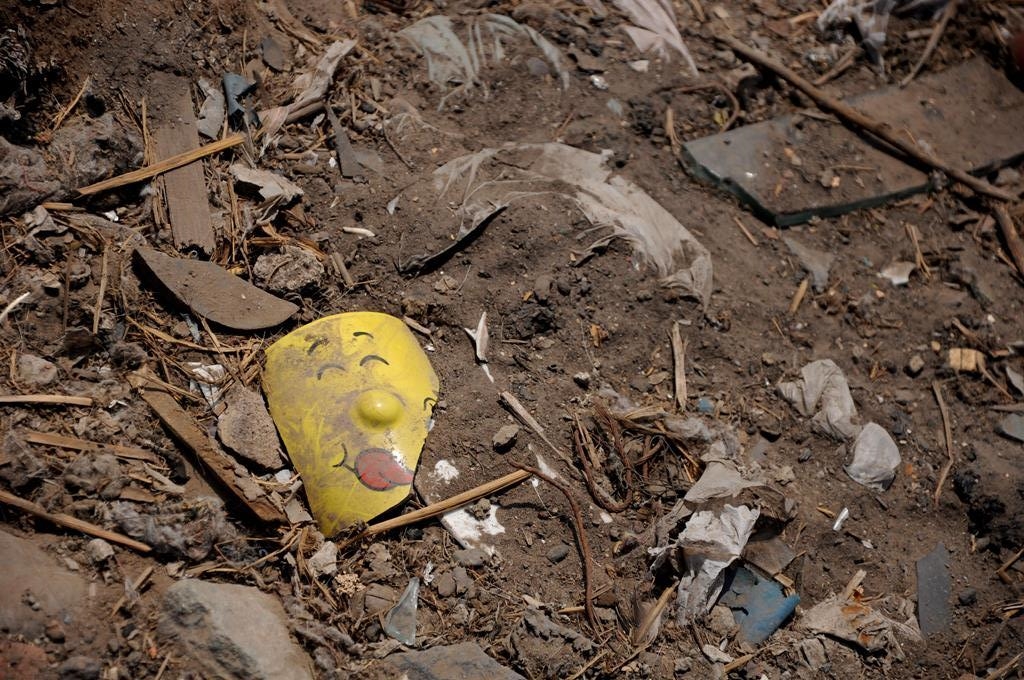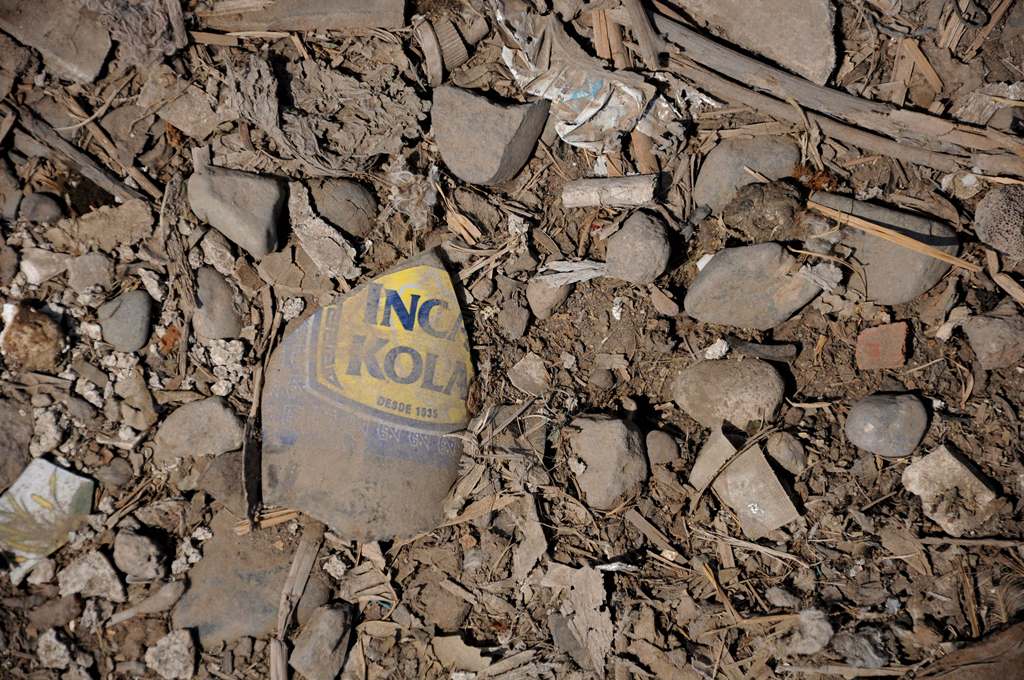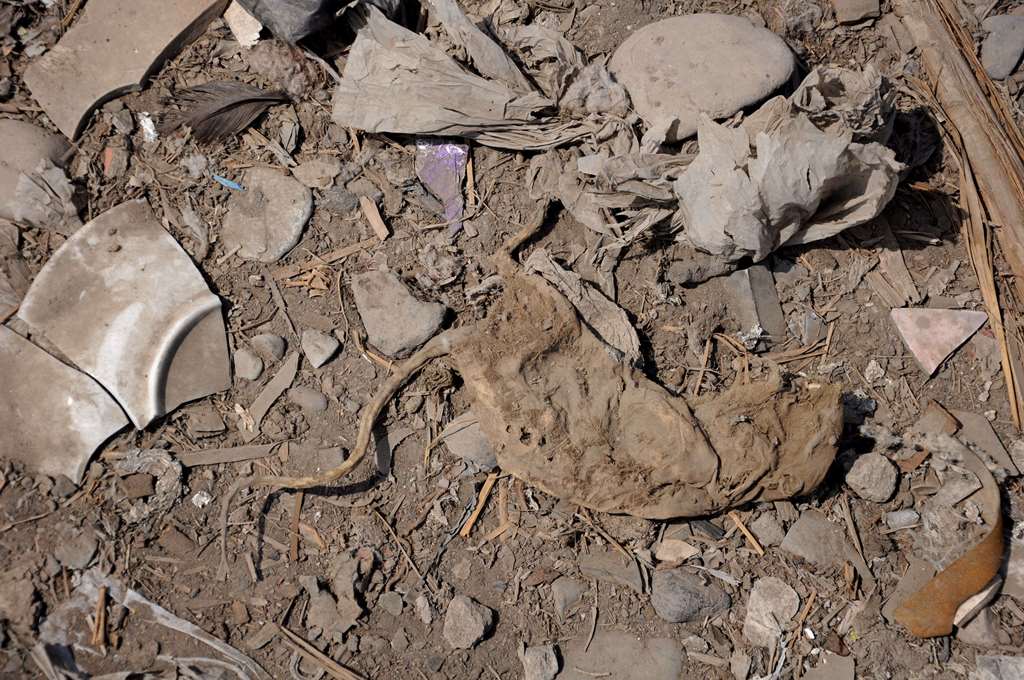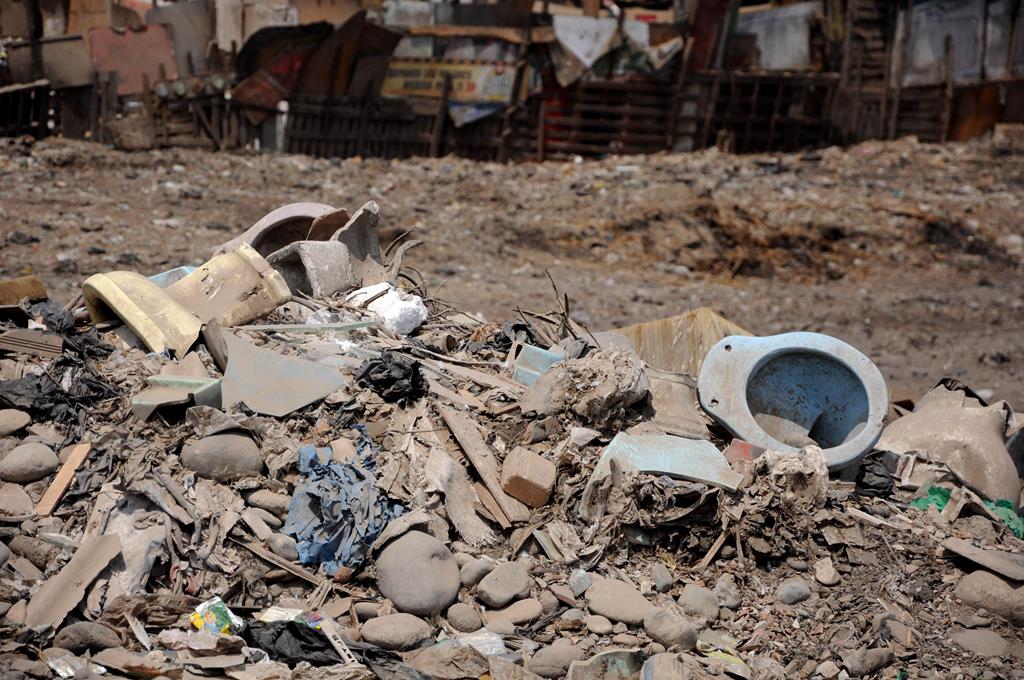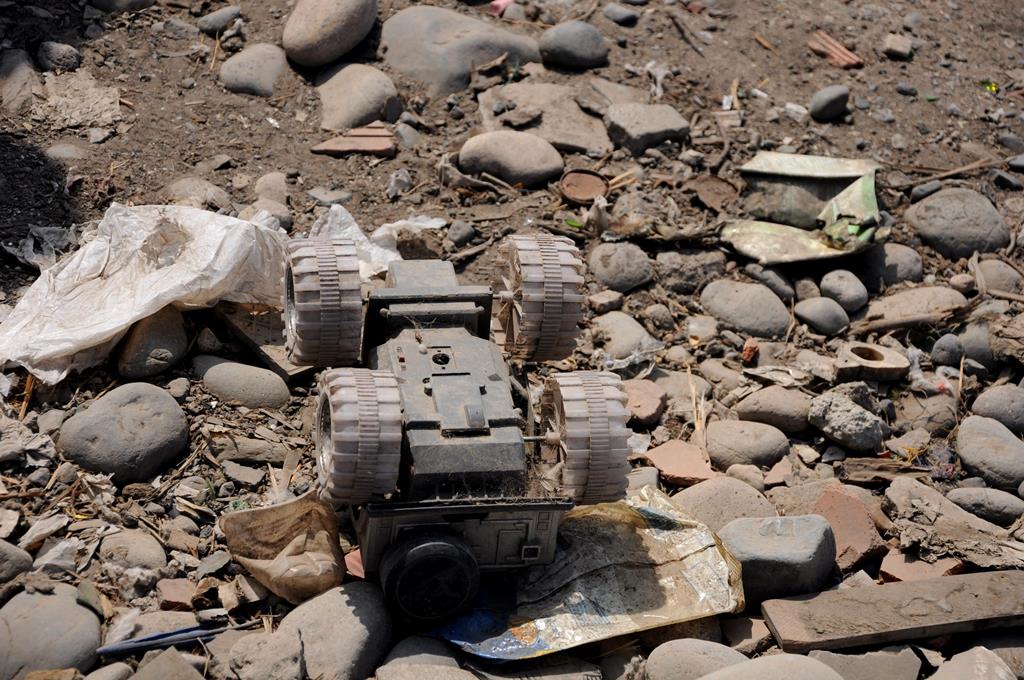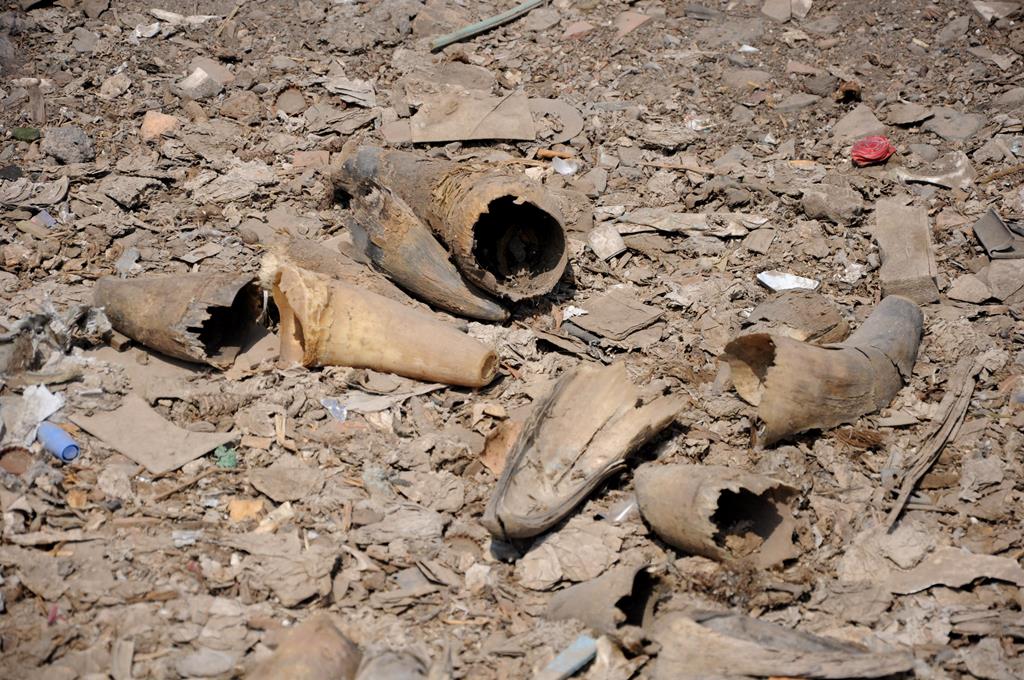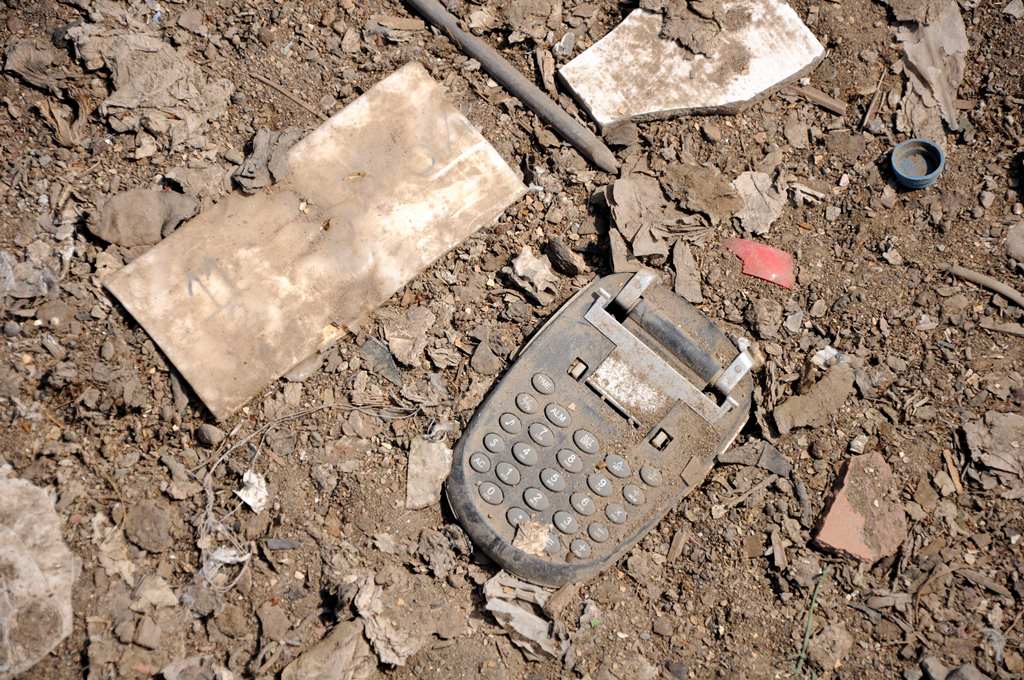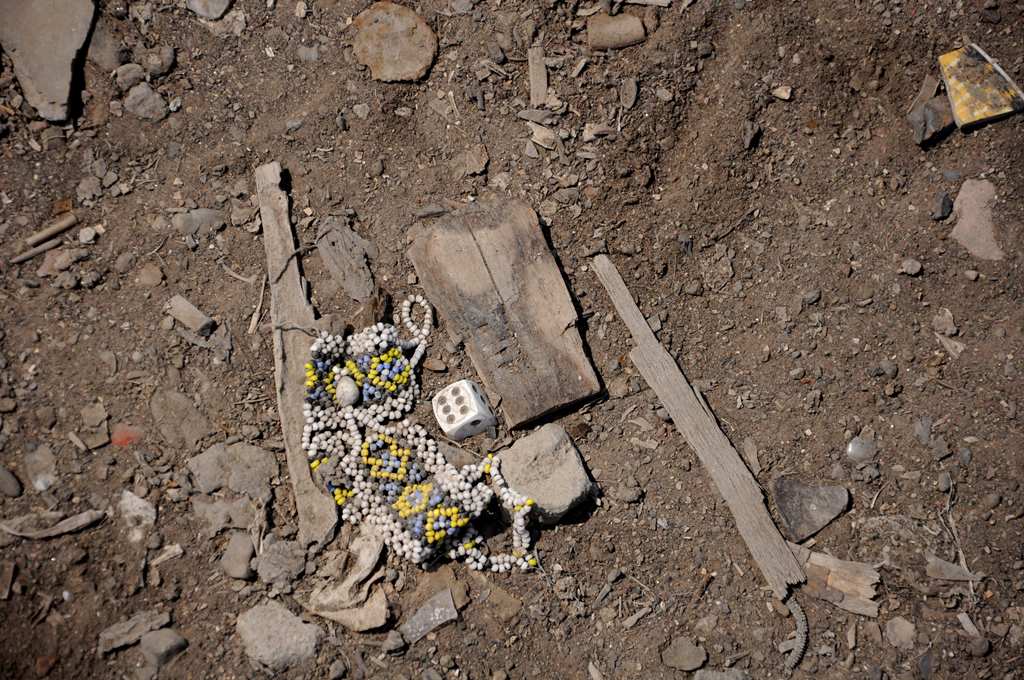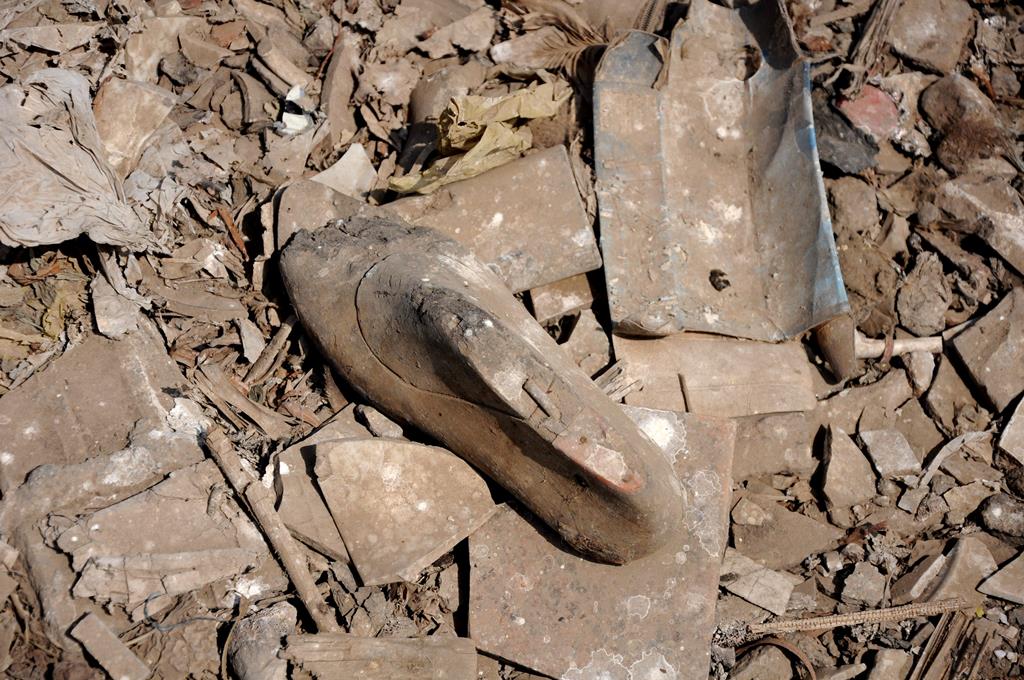It’s common to hear phrases like, “I can’t wait to retire so that I can finally start traveling,” especially in the United States, where society dictates that you should work, work, work, so that you may obtain this “American Dream.”
At retirement age, most people don’t have the physical stamina to do some of the things they could have done in their younger years. Sure, perhaps they’re more financially secure in their 60’s, but this too is no longer a guarantee. Also, what you see and experience at every age is different and important.
I’ve been laid off from two full-time jobs and one part-time job in a span of seven years. This is the norm for many people in my generation. The first time I was laid off was on New Year’s Eve, 2008 — my first real job after college (because getting a university degree, especially from a well-known institution, should give you a really stable and good life). I couldn’t find full-time work again until February of 2011. That’s 2 years and 2 months of unemployment. So, as many in my situation, I paid bills with some meaningless part-time work, and unemployment benefits. But everything else was put on credit cards. So on top of student loans that were supposed to help me land a secure job, I’m piling on some high-interest credit card debt. What made my life secure however, was my family, and my even larger Armenian family. I’m lucky in that regard. Without their support (not that the recession was good for them either), I could have been homeless.
If I decided to follow the same route that most take in the U.S., then I would be seeking jobs that would pay me a lot of money, so that I could, sometime in the future, buy that American Dream house and that American Dream car and that American Dream lifestyle. But when was that supposed to happen, when I’m in my 50’s? And by buying all those American Dreams, don’t they also chain you to America (the United States)?
Credit cards are keeping the U.S. afloat. Cut those off, and I don’t even want to think about what will happen to most of us. So, if that’s the system we’re living with, then so be it. I cannot and will not wait for if/when I have more financial stability (because that may never come) to live my life. A big portion of that, for me, is to travel.
I don’t spend much money on a daily basis, and do not purchase things I do not need. I don’t own a car (which is unusual for someone from Los Angeles), therefore, I do not spend money on fuel, insurance and everything else that comes along with that luxury. So, what I do spend on, is travel. And when I travel, that’s when I tend to spend. Not on high-end shops or restaurants, but I will try that pastry, coffee or beer that I wouldn’t back home, because a large part of traveling is getting to know the places, through food. I will also invest in art from my travels - this way, you help artisans from around the world, and have something interesting to hang on your wall from your travels.
Portugal, 2019
Please don’t misunderstand me. I try to save as much as I can, and do not spend crazy amounts of money I don’t have on things I don’t need. I understand the importance of having something to fall back on. Yet life goes by super fast, and frankly, you don’t know what is in store for us tomorrow. So, if you too are in debt, I hope you see that, your debt shouldn’t define you, or where you’re going. Sometimes it’s not your fault you’re in this situation, and even if you’re at fault, it’s never too late to take the steps to set that straight.
I’d like to leave you with what I do to help finance my travels, while having debt. Maybe these can help you too.
SAVE
From each paycheck, put at least 10-15% of it away in a savings account, and don’t touch it. This is for emergencies only — a piece of mind, that should you need it, it’s there.
BUY WHAT YOU NEED, NOT WANT
Don’t spend on things you don’t need, even if advertisements and your peers tell you otherwise. Really think about what you’re buying. You’re not only giving your bank account a break, but you’re also thinking about the environment and sustainability. It takes a lot of energy and resources to create things in the market.
PAYMENT TO CREDIT CARDS
It’s easy to think that you can pay off credit card statements fully every month, but for some of us, that’s not possible. So, you should definitely pay the minimum on time, and if possible, put extra in, so that you can make a dent in your debt. And stop thinking about your debt, it’ll still be there, so relax.
OPEN A CREDIT CARD THAT GIVES YOU TRAVEL POINTS
If possible, look into opening a travel card that gives you a lot back. Instead of paying bills by check, pay them by this card, and then write a check to the card that would have covered your bills anyway. That way, you’ll pay your bills, but also gain points on your travel card. And before you know it, you’ll have some free flights secured! Win-win, I’d say. But of course, do this only if you are confident enough in paying off this card on a monthly basis, because they tend to have high interest levels.
FLIGHT DEALS
Check out https://scottscheapflights.com/ - they are on the lookout for some great deals, so let them do some of the work for you. Also, attempt not to look for flights on weekends, starting Friday. I’ve found cheaper flights on Tuesdays and Wednesdays compared to any other day.
TRAVEL OFF-PEAK
Travel during off-peak months, when possible. I can understand it’s difficult for families with school age kids, but sometimes it pays off to go on longer trips during Spring Break, than when school’s out for the summer.
BOOK APARTMENTS INSTEAD OF HOTELS
I like booking apartments rather than hotels when possible. They tend to be cheaper, but you also have a kitchen. It comes in handy when you’re on a budget and would rather cook meals yourself. I tend to eat breakfast at home — it keeps you full for most of the day, so you’ll just spend money on a late lunch or early dinner. The rest of them time you can have ice cream.
FREE WALKING TOURS
Most major cities have Free Walking Tours. What this means is that the tour is free — it’s based on tips. So the guides tend to do a stellar job because they’re counting on your tips. Try to book these tours towards the beginning of your trip so that you can get a feel for the city you’re visiting. You’ll also have a chance to ask your tour guide for some local tips. Plus, you can make friends with others on the tour! Just search “free walking tours” online for the cities you’ll be visiting.
USE PUBLIC TRANSPORTATION
Don’t be afraid to use public transportation. You’ll not only save on spending money on taxi’s or ridesharing services, but public transportation, especially those overground help you see the city you’re visiting. You can find hidden gems you’d like to check out. PLUS, you’ll be reducing your carbon footprint, compared to you driving around, or having someone drive you around. You can save money further by getting 24 hour, 48 hour, or weekly passes — see what the local transportation agency has to offer.
Anxious about using public transportation, especially if that’s not what you normally use at home, then don’t worry! I’d recommend downloading Google Maps on your phone if you haven’t done so already. In ‘directions’ when you switch to the Transit option, you can see what bus/train/metro/tram to take. AND, as long as you don’t close the app, the map will continue to work without internet connection.
Still nervous about it? Youtube search “how to use public transportation in _________” and you can find videos on the subject.
GET A LOCAL SIM CARD IF TRAVELING ABROAD
Your carrier can offer you deals when traveling abroad, but most of the time, that’s more expensive than getting a local sim card. Granted, you cannot use your usual number, but if that’s not an issue, then it’s worth it.
If you take this route, download WhatsApp or Viber and ask your friends and family to do the same, so that you can communicate with them. As long as you have internet connection, you can speak with them for free.
If you’re not interested in getting a sim card and don’t want to pay your carrier extra to use your phone, enable ‘flight mode’ at all times. By doing this, you won’t be charged for using your phone for data/calls, but this also still gives you the opportunity to connect to WiFi.
EAT SMART
Most touristic spots have loads of restaurants and cafes, but they tend to be more expensive, and usually less tasty than those that are 3-4 blocks away. Don’t fall for the tourist trap!
Happy hour is also a good time to stop by for a bite to eat/drink. Most items are at a discounted price.
Also, don’t shy away from grabbing food from supermarkets and having yourself a small picnic at a nearby park, or by the riverfront.
Here’s where Google Maps comes in handy again. Type in “restaurants” or “cafes” or “bars” and it’ll pull up what you’re looking for that’s nearby. You’ll also see reviews and dollar signs. The more dollar signs you see, the more expensive the place will be.
Armenia, 2019
Traveling is good for you. It takes you away from your day-to-day routine for a bit, so you gain some energy from the new things you see and experience.
Traveling also opens your eyes and mind to other perspectives and ways of life.
Try not to get stuck in the bubble of your comfort zone. Yeah, it can be scary to travel, especially if it’s your first time. Not everything will go the way you expected it to, so don’t go in, expecting anything. It’s totally worth it!
P.S. This year I’ve traveled to seven countries (and shared some of the photos with you here) and it all cost me less than $4,750 (including airfare, lodging, food, etc.). The more you travel, the smarter you become about traveling, and end up spending less.
